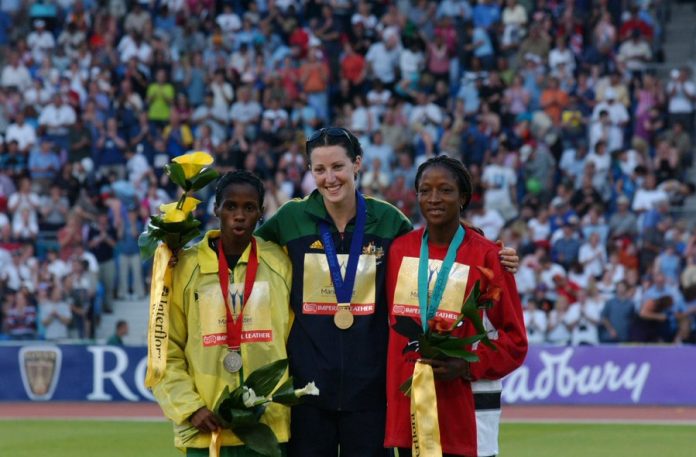As the 2022 Commonwealth Games opens in Birmingham today and the Commonwealth Decade of Sport commences, the Commonwealth Secretariat is working to leverage the vital role that access to sport can play in promoting peace, better health, equal rights and sustainable development across the Commonwealth’s 56 member countries.
Sport as an enabler for core Commonwealth principles
Speaking at the Commonwealth Games, Dr Shavana Haythornthwaite, Head of the Human Rights Unit at the Commonwealth Secretariat said: “Commonwealth member countries have acknowledged the important contribution that sports and physical activity can make to improving wellbeing and healthy lifestyles, socio-economic development, and helping to build just and peaceful societies. The inclusion of international human rights principles and standards in sports policies and frameworks acts as an enabler for core Commonwealth principles of good governance, respect for human rights and the rule of law. In this way, the Secretariat’s Human Rights Unit will continue to assist member countries in attaining their international human rights obligations and the Sustainable Development Goals.”
The Secretariat’s Human Rights Unit supports Commonwealth member states through the provision of technical assistance, integrating a rights-based approach to sports and human rights through sports policy, frameworks, and mega sports events.
Challenging Stereotypes and strengthening inclusion
Emphasising human rights objectives in the life cycle of major sporting events such as the Commonwealth Games spurs a lasting positive legacy from bidding, planning and procurement to competition delivery.
The Commonwealth Consensus Statement on Promoting Human Rights in and through Sport, adopted in 2020, saw Commonwealth Heads of Governments recognise the “fundamental right to (practice) physical education, physical activity and sport without discrimination”. By facilitating the participation of marginalised groups in sport, Commonwealth states can challenge stereotypes and ensure sport is an avenue in which they fulfil their obligation of respecting the right to non-discrimination.
Participation by marginalised groups in sport can also have wider implications in strengthening their inclusion in other parts of society and their enjoyment of wider civil, political, as well as economic, social, and cultural rights.
The strength of the Commonwealth is its unwavering commitment to the fundamental values and principles outlined in the Commonwealth Charter and in supporting our members in practical ways to uphold and champion these principles. During yesterday’s 10th Commonwealth Sports Minister meeting, Commonwealth Ministers welcomed the introduction of the 10 Guiding Actions for the Implementation of the Commonwealth Consensus Statement on Promoting Human Rights in and through Sport, which highlights practical actions member states can take over the next decade until Australia hosts the Olympic Games in 2032.
A global sporting event such as the Commonwealth Games is an opportunity to inspire future generations to be more active and inclusive and to create positive legacies that can promote the shared values and principles of the Commonwealth.
SOURCE: COMSEC/PACNEWS


















